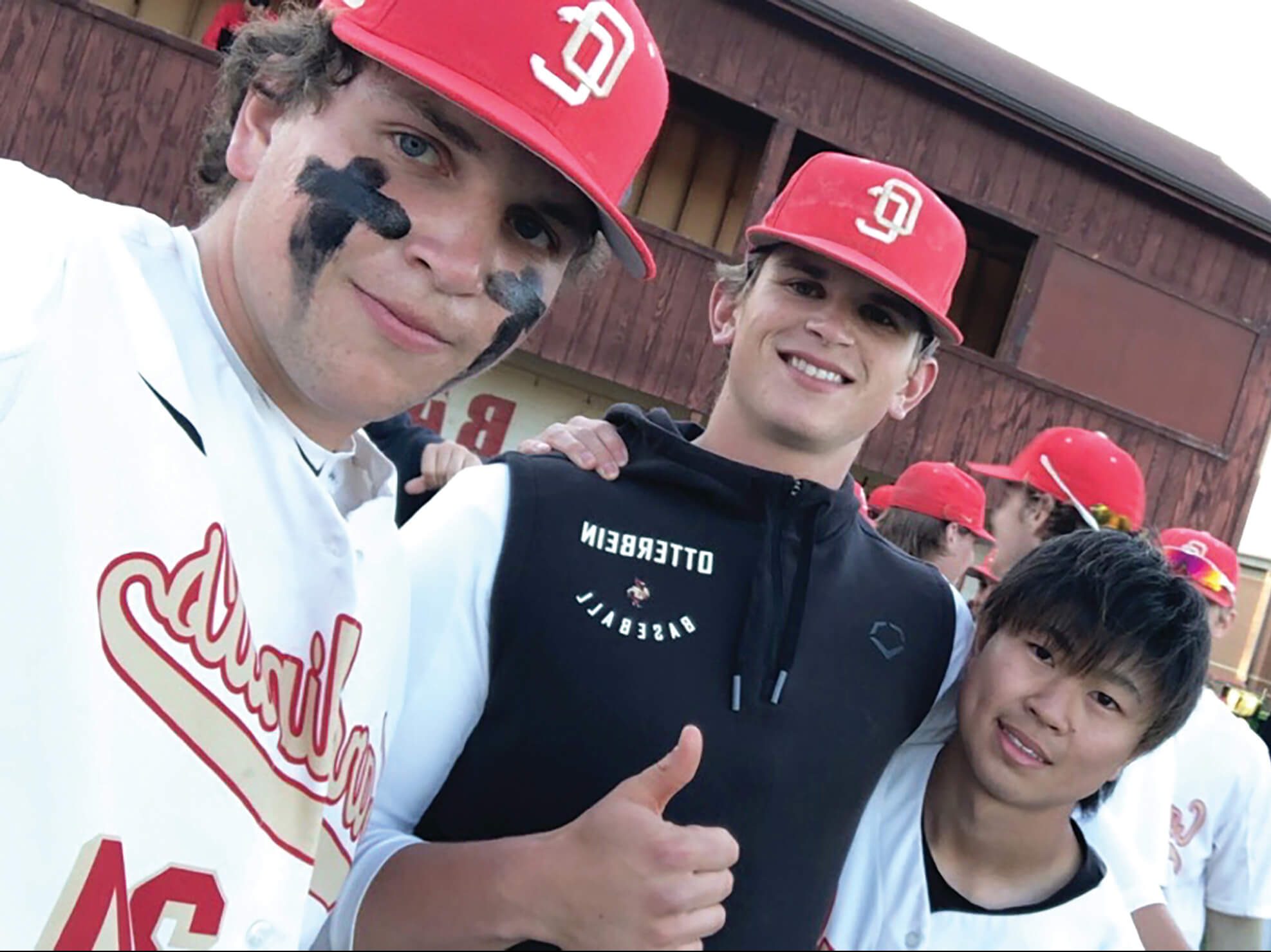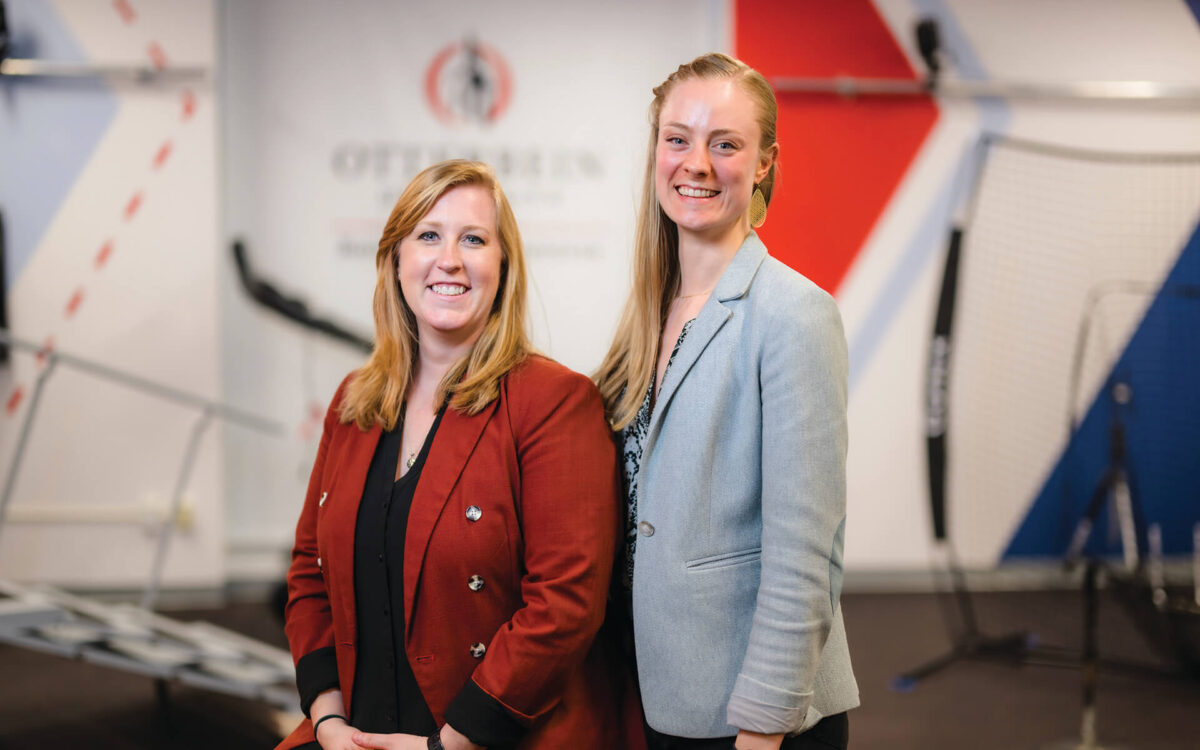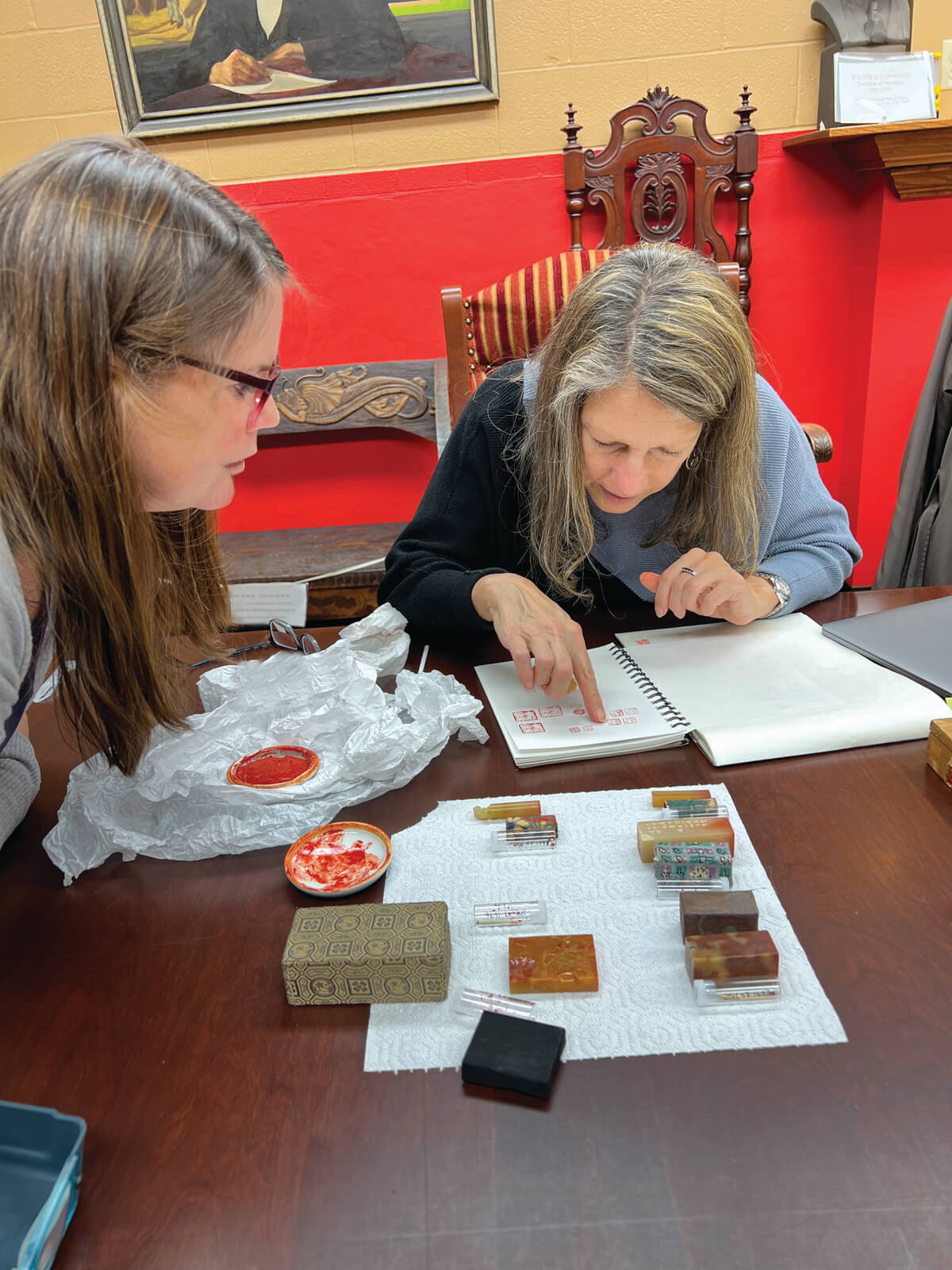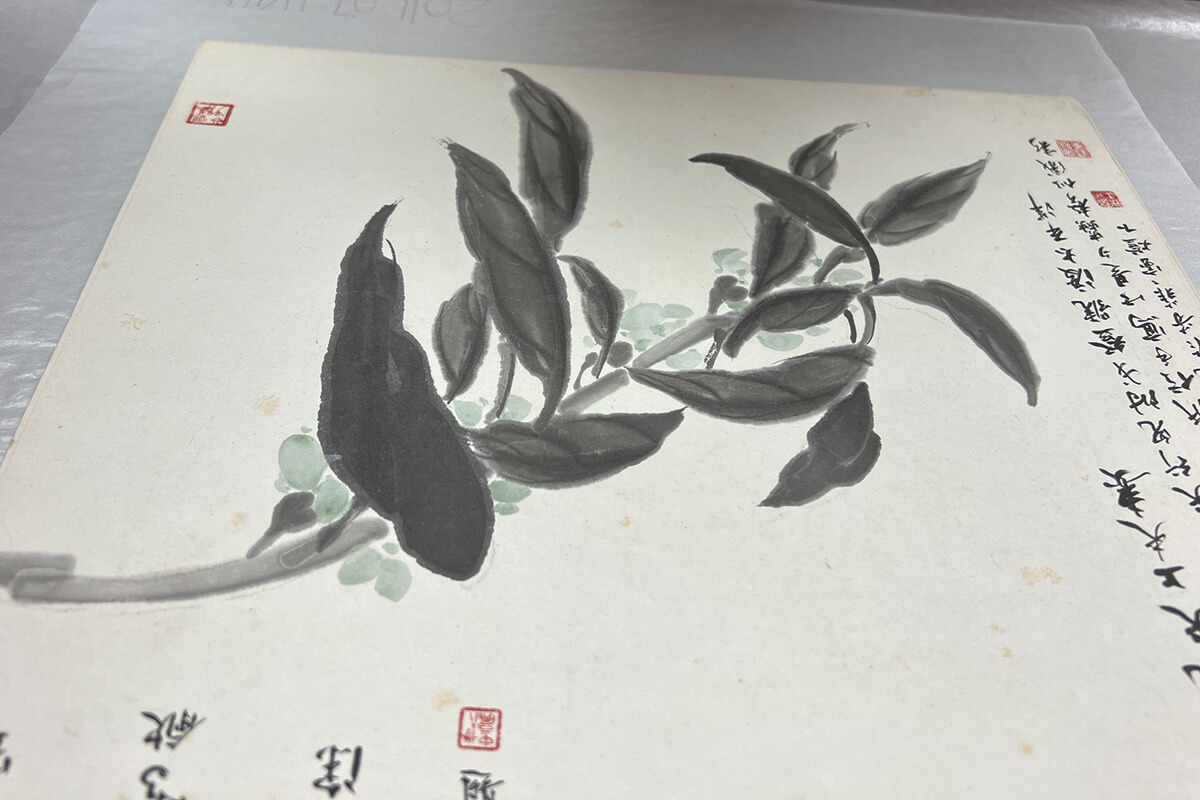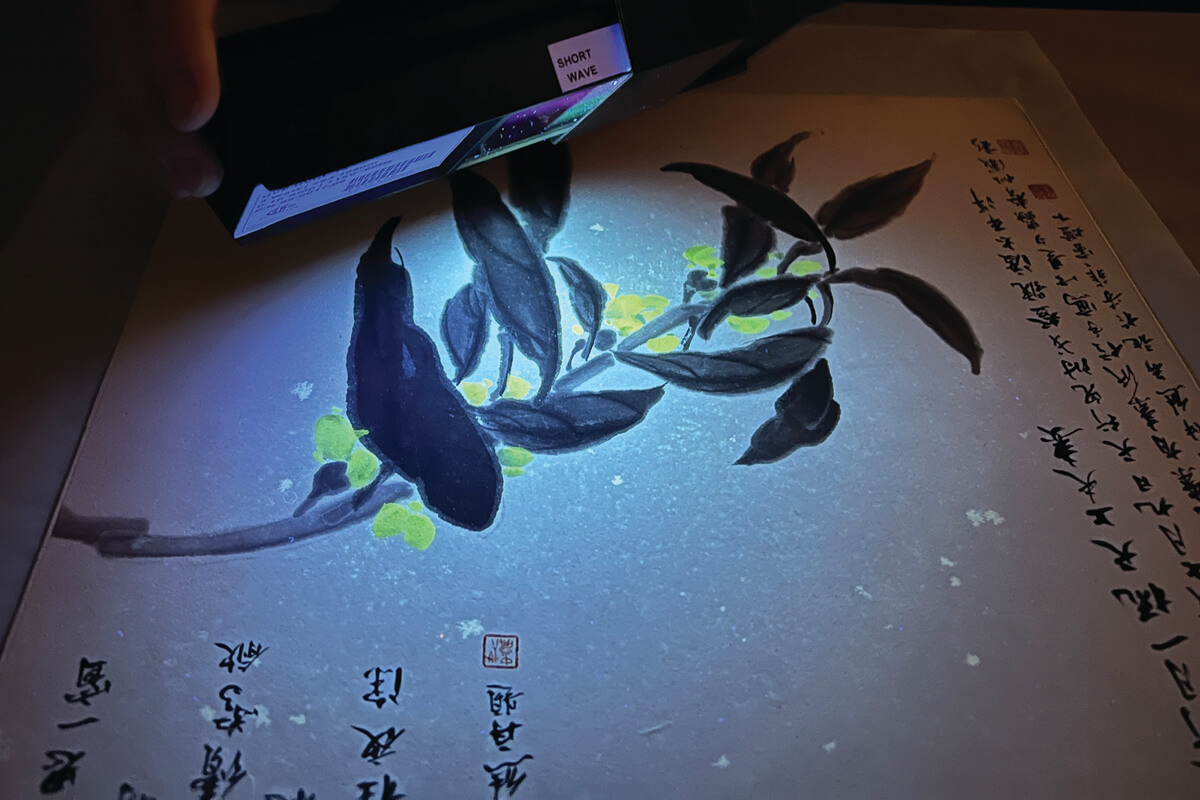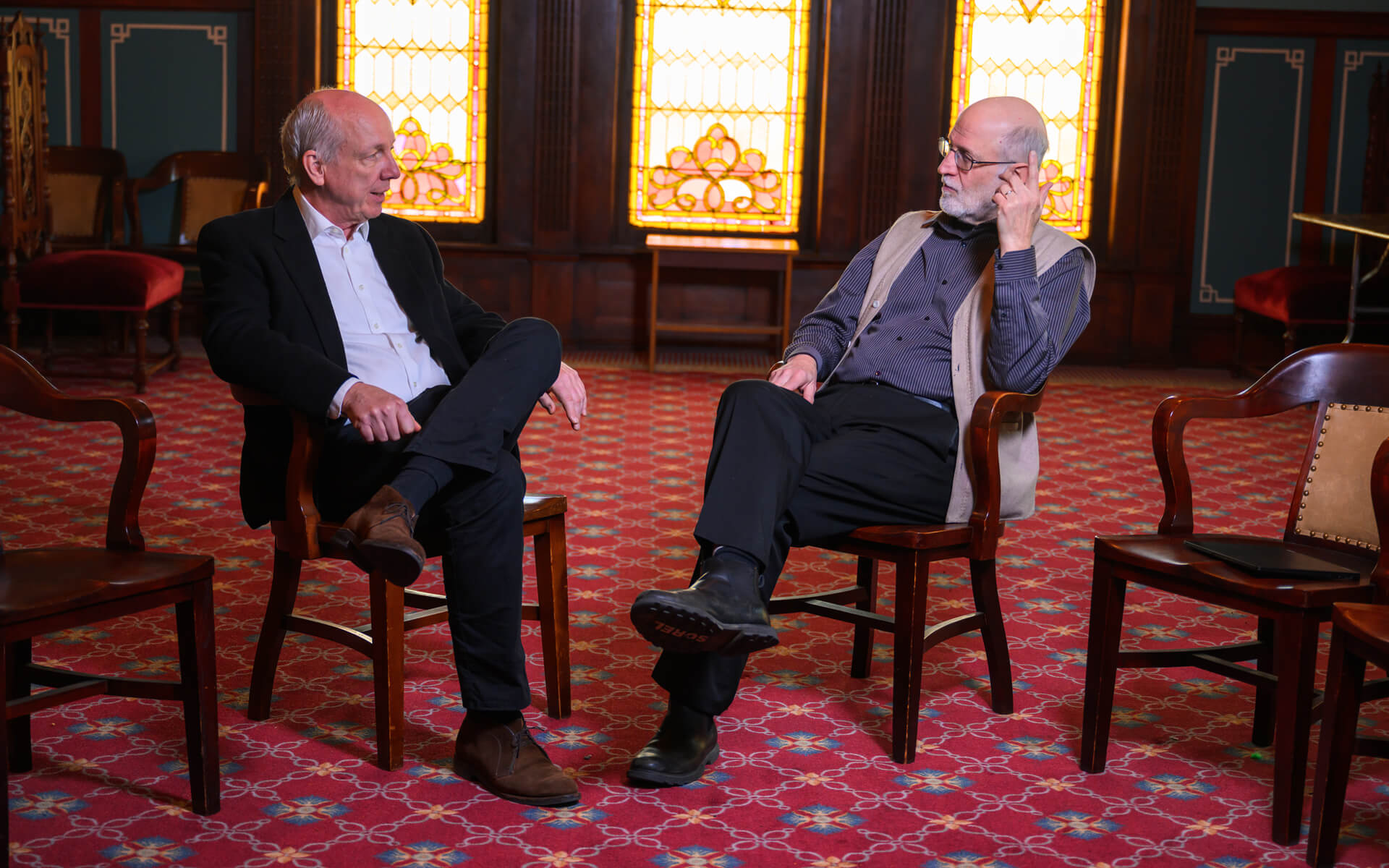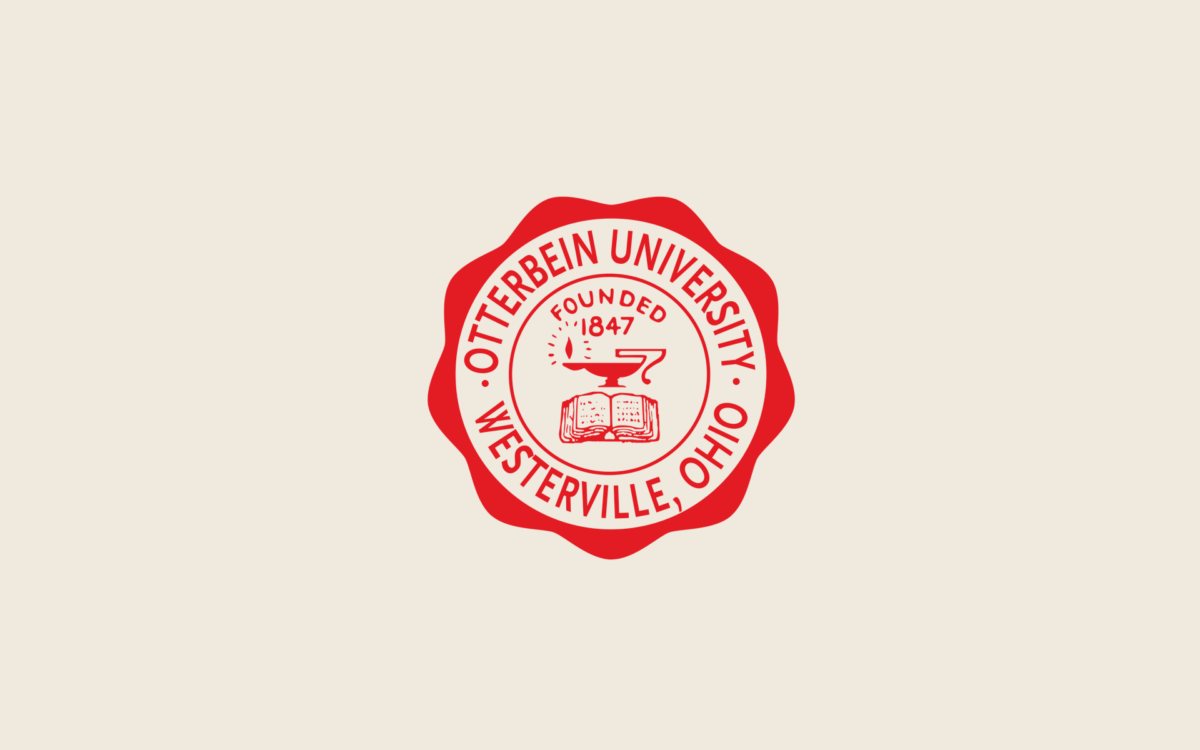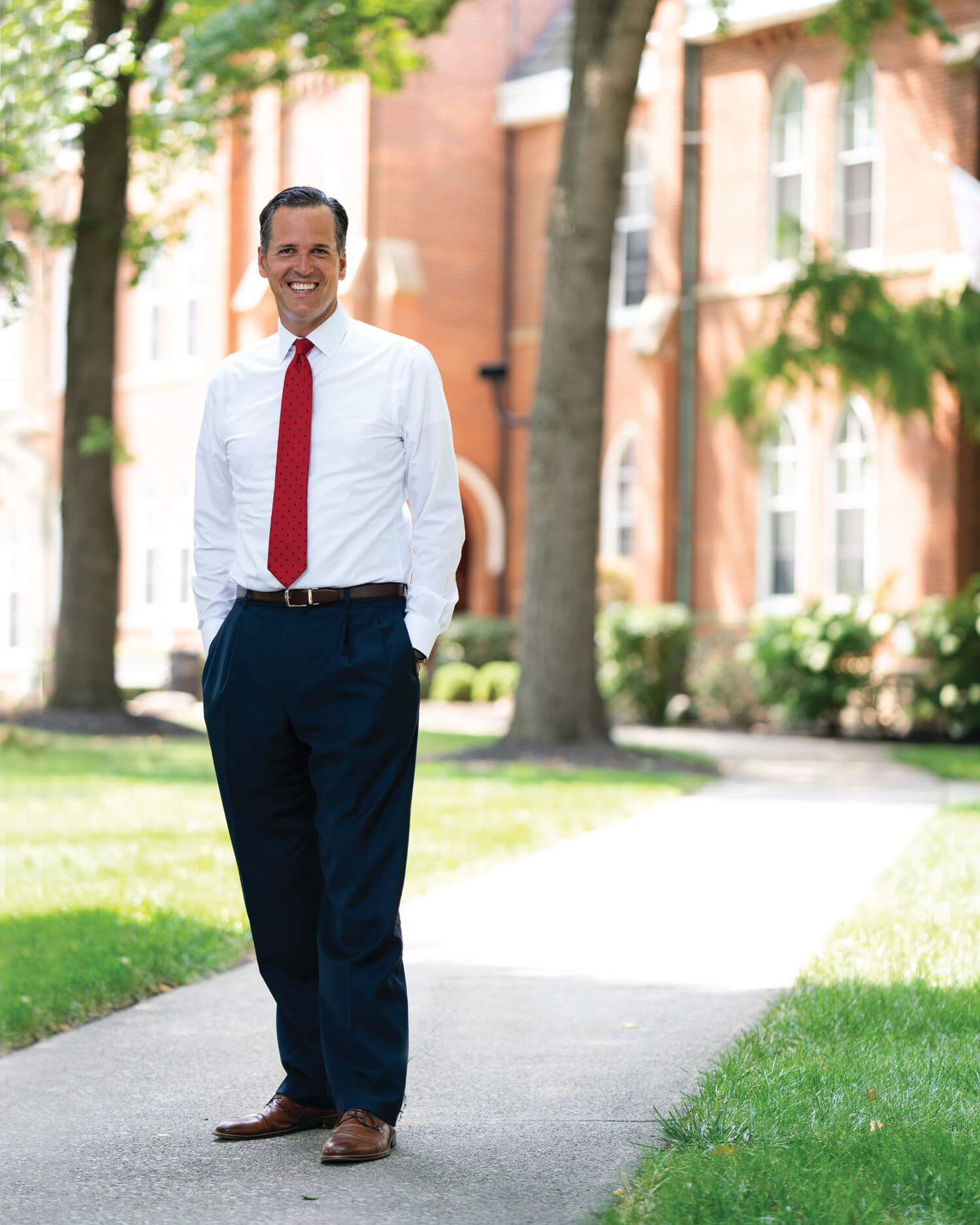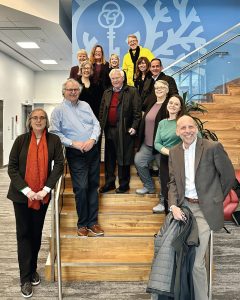Otterbein’s First Black Graduate William Henry Fouse ’1893 In His Own Words.
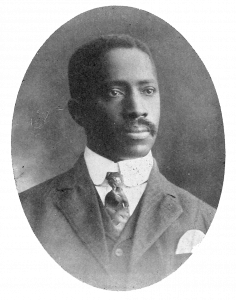 Otterbein University’s first Black graduate, William Henry Fouse, class of 1893, was a teacher, a principal, a lifelong learner, a musician, and an inspiration to students and educators in his 45 years of work in public education. On the 130th anniversary of his graduation from Otterbein, there is no one better to tell his story than Fouse himself.
Otterbein University’s first Black graduate, William Henry Fouse, class of 1893, was a teacher, a principal, a lifelong learner, a musician, and an inspiration to students and educators in his 45 years of work in public education. On the 130th anniversary of his graduation from Otterbein, there is no one better to tell his story than Fouse himself.
In 1927, Fouse wrote to Mrs. George Alexander of Westerville, thanking her for an invitation to the Westerville High School Golden Anniversary. He wrote:
“I will not be garrulous but I must say that I was born in your beautiful town 59 years ago, son of two slaves who came to Ohio from bondage and never were able to read or write. They gave 27 years of their lives without recompense. I was born in a log cabin a mile or so from Westerville.”
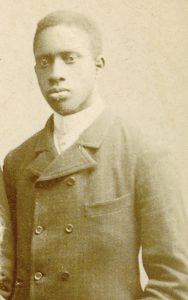 Fouse’s family later purchased a house on Home Street, where William and his two brothers were raised. In 1889 his father, Squire, purchased a home that had been owned by William Hanby and had it moved to a plot of land on Home Street, where the Campus Center is today. In an article written for the Westerville Public Opinion in 1938, Fouse wrote:
Fouse’s family later purchased a house on Home Street, where William and his two brothers were raised. In 1889 his father, Squire, purchased a home that had been owned by William Hanby and had it moved to a plot of land on Home Street, where the Campus Center is today. In an article written for the Westerville Public Opinion in 1938, Fouse wrote:
“Three interests dominated the life of Squire Fouse. They were a home, the education of his children, and his church. If he could speak now, (he) would say that the spirit and literary gifts of Ben Hanby had been infused into his own son, and that he, though a slave for many years, had made the correct appraisal of the magic and power of education.”
Fouse was the first Black graduate of both Westerville High School and Otterbein University.
According to Otterbein historian Harold Hancock, “[Fouse] taught school in Indiana, Ohio, and Kentucky, serving as principal of Dunbar School in Lexington, KY, for 24 years. In Kentucky he organized the Bluegrass Oratorical Association and Bluegrass Athletic Association, instituted the Penny Saving Bank Plan in schools, and guided the development of Dunbar School into a modern school. He became president of the Kentucky National Education Association [in 1937]. Just before he retired in 1937, he received an M.A. from the University of Cincinnati.”
That same year, Otterbein gave him the honorary degree, Doctor of Pedagogy.
William Henry Fouse died on June 1, 1944. His work continues to bear fruit today in the schools of Lexington, KY, where he worked for a quarter of a century, and in his hometown of Westerville, where an elementary school bears his name, and his alma mater hosts The William Henry Fouse House of Black Culture. In addition, he continues to inspire us over a century later through his writings.
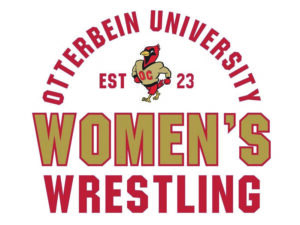
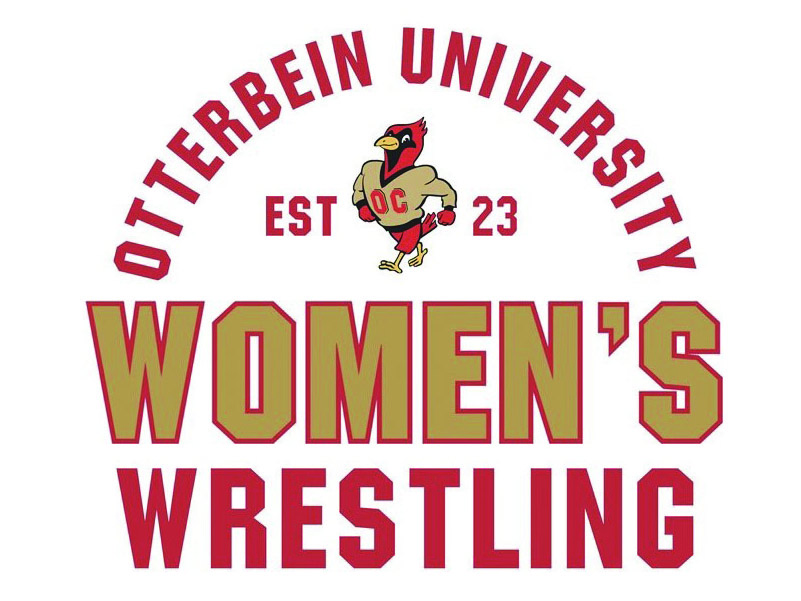
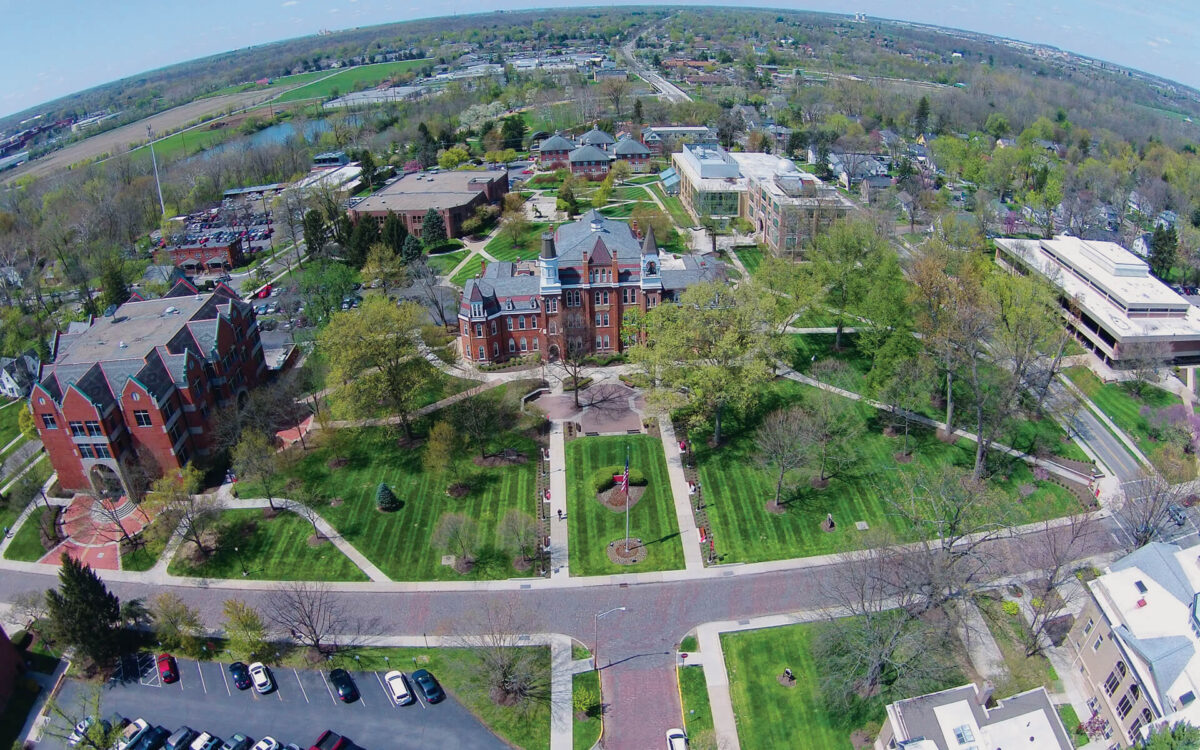
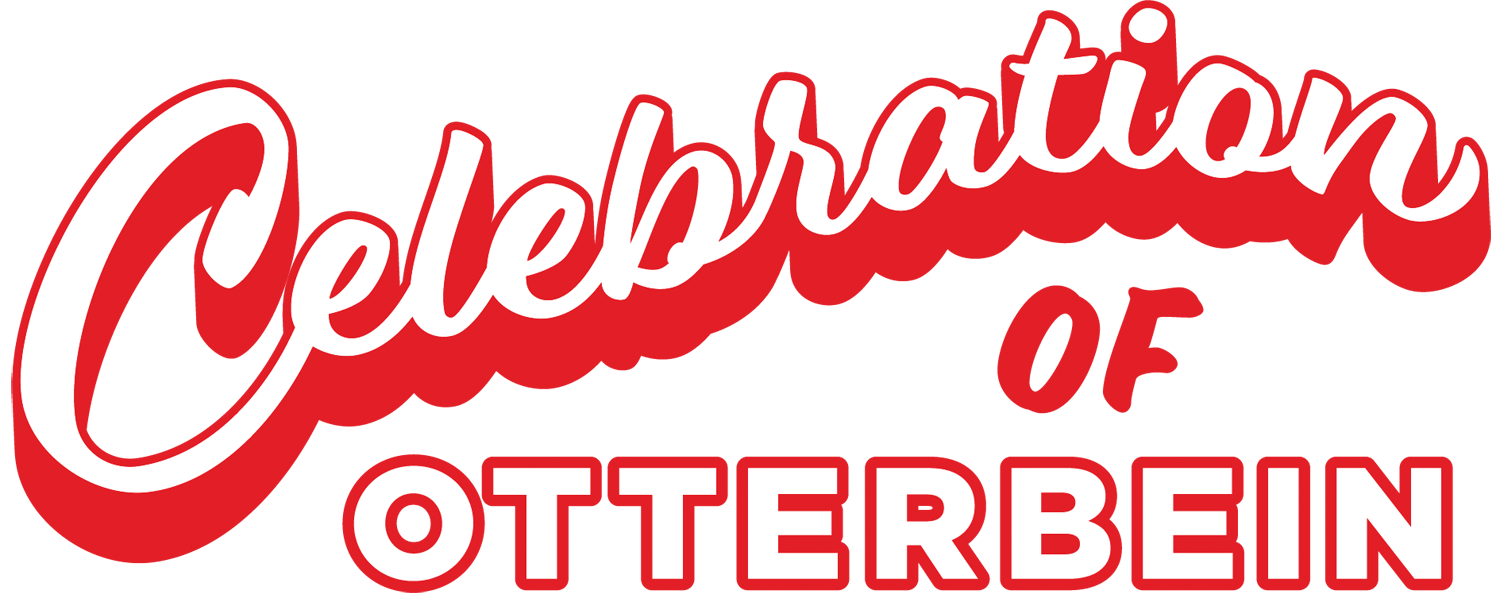
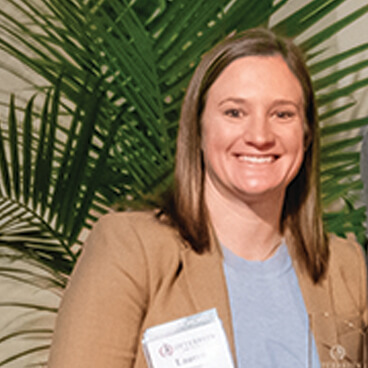
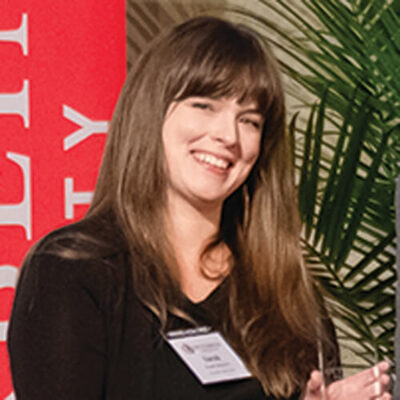
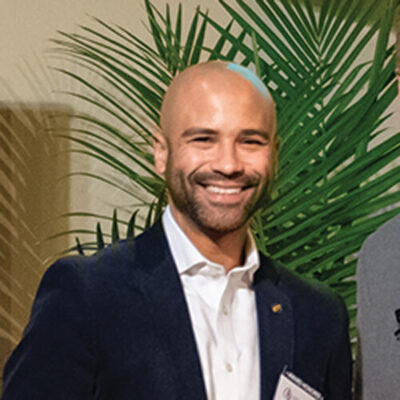
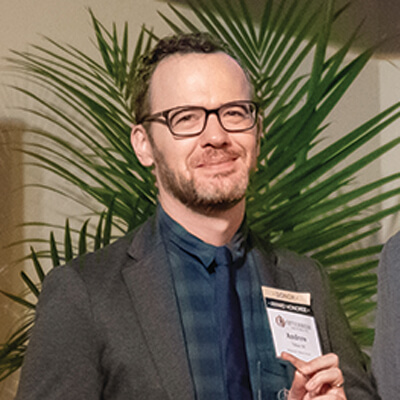
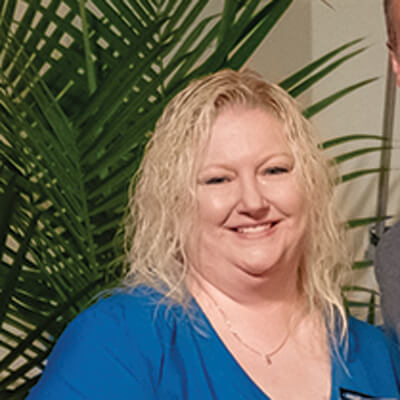
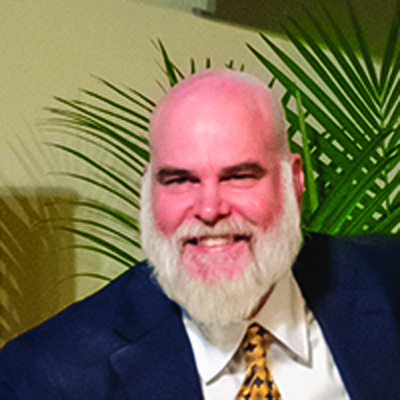
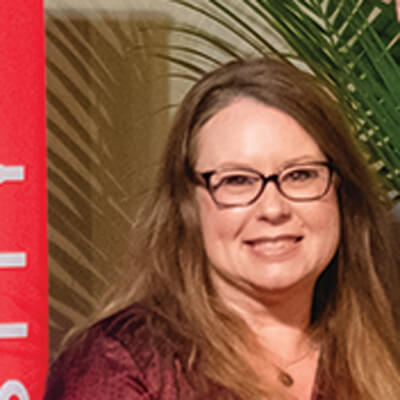
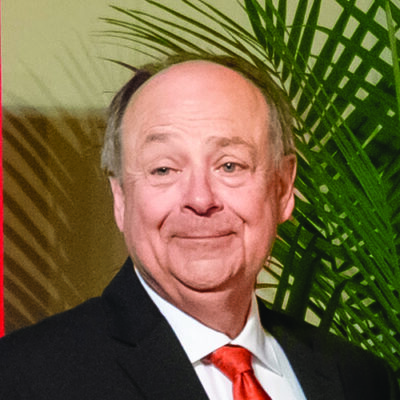
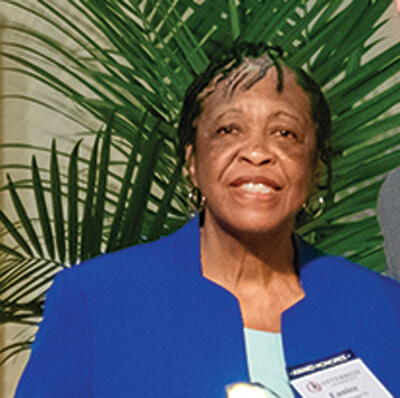
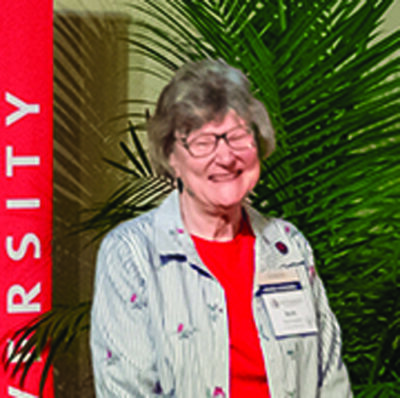
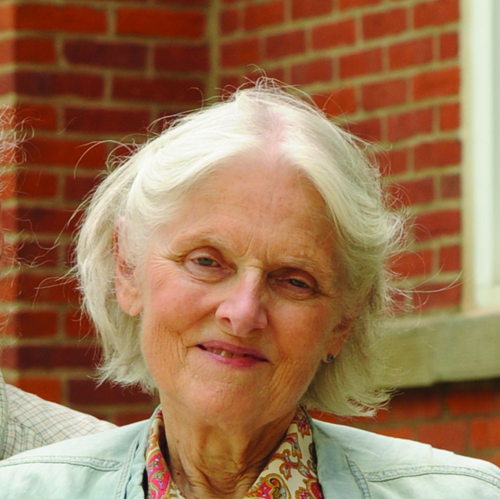
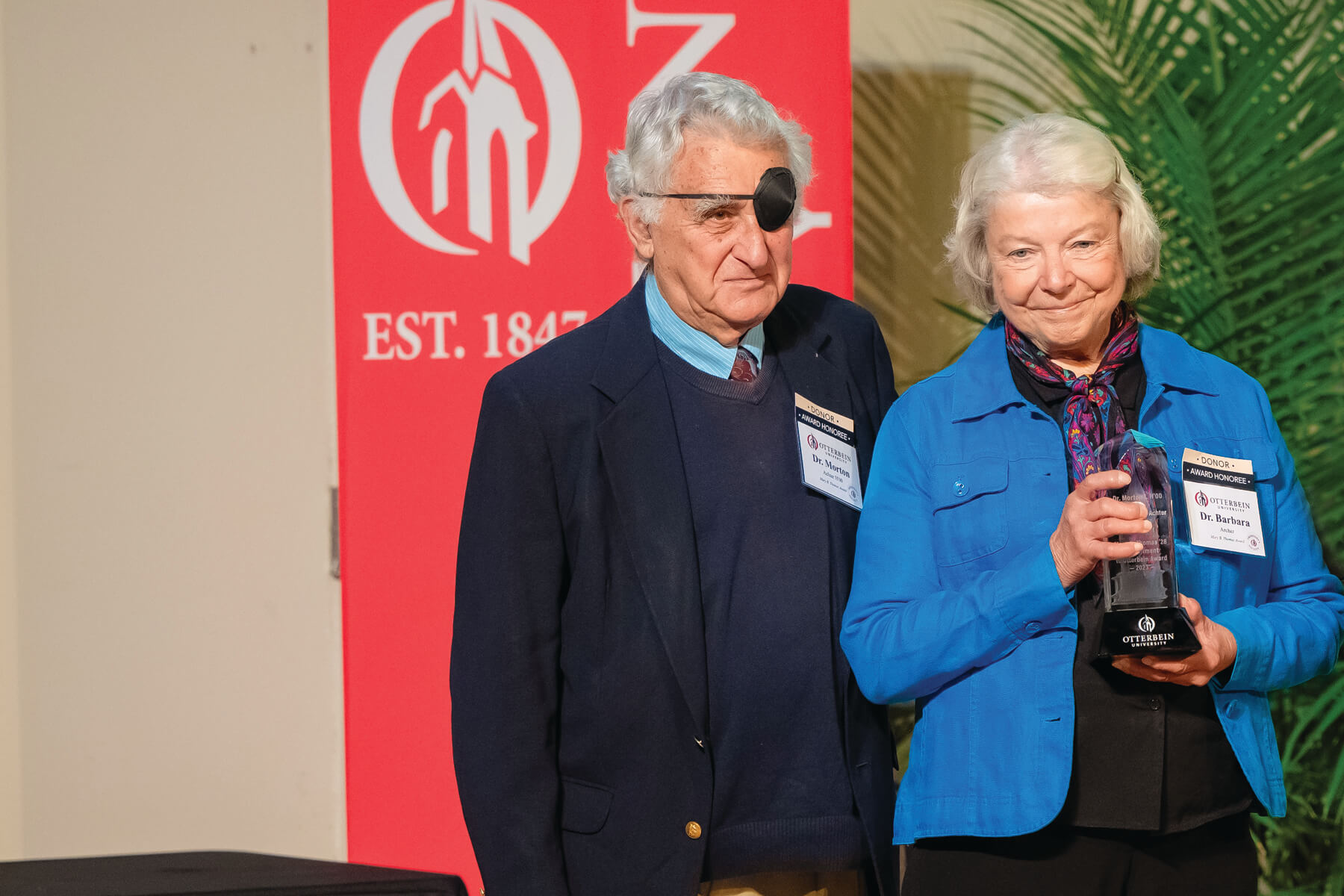
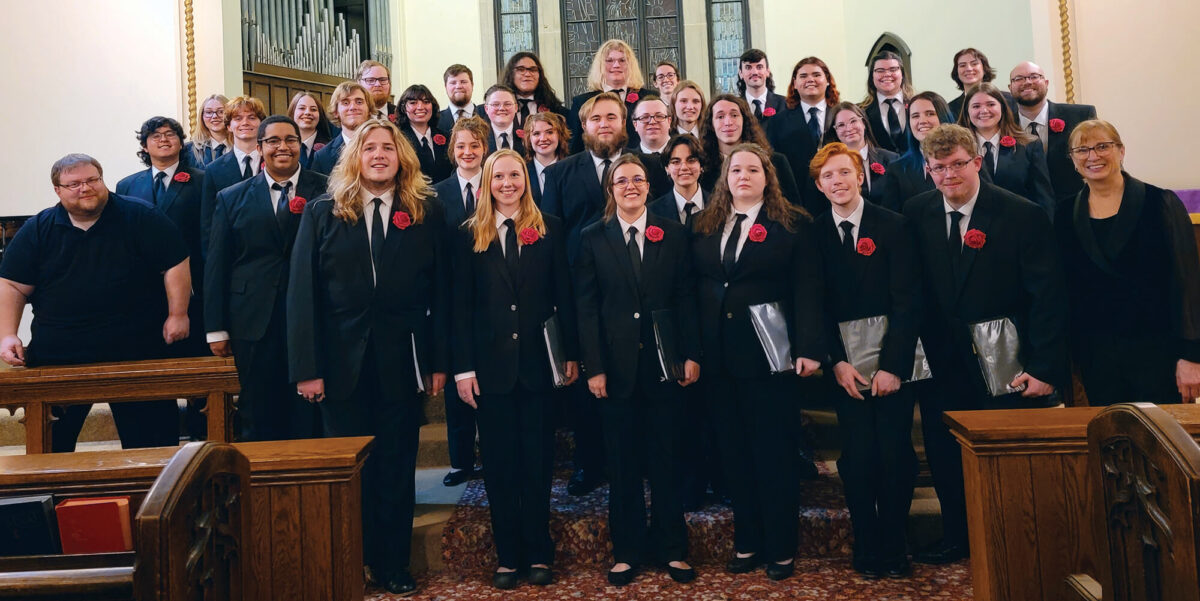
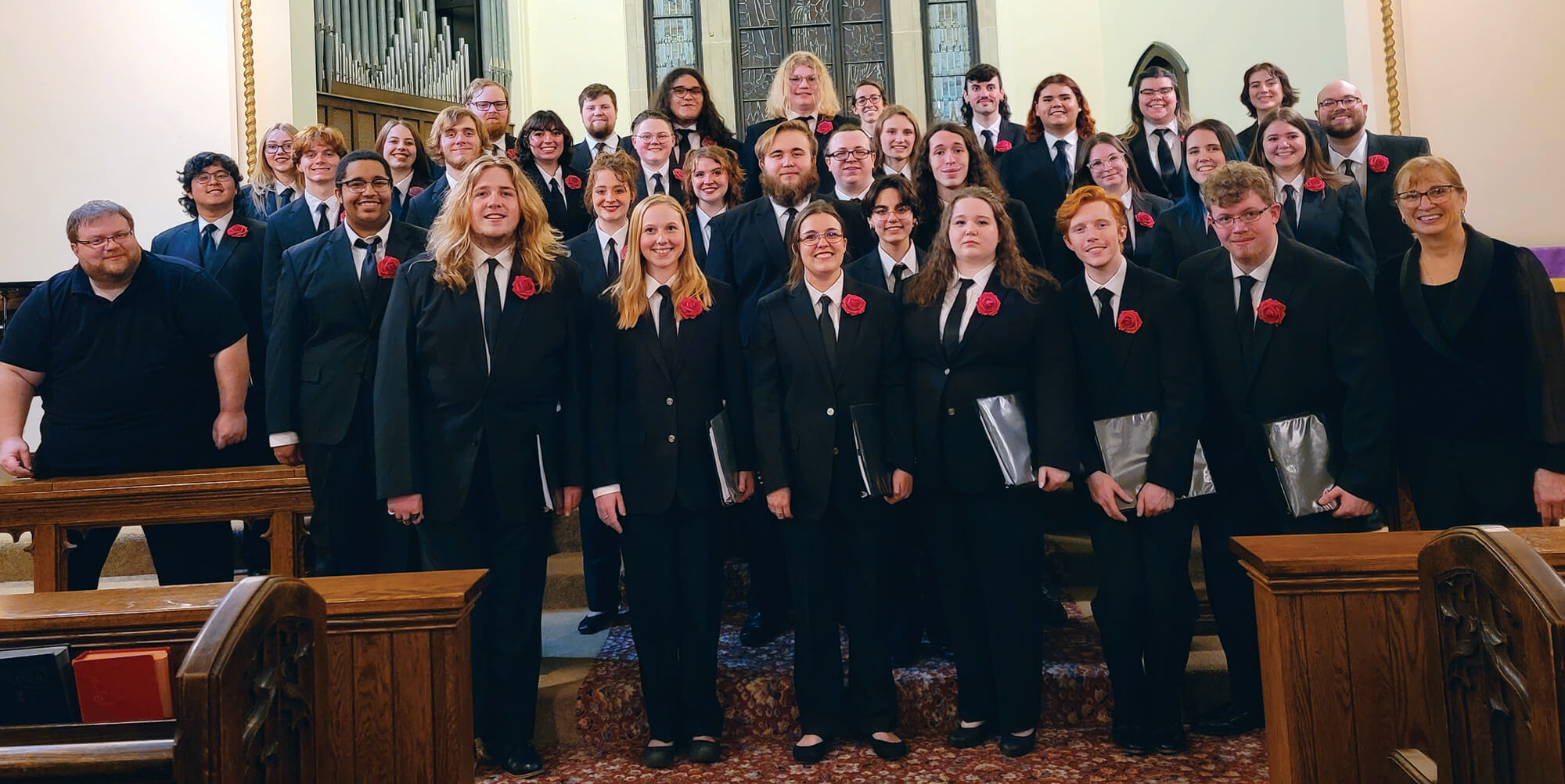
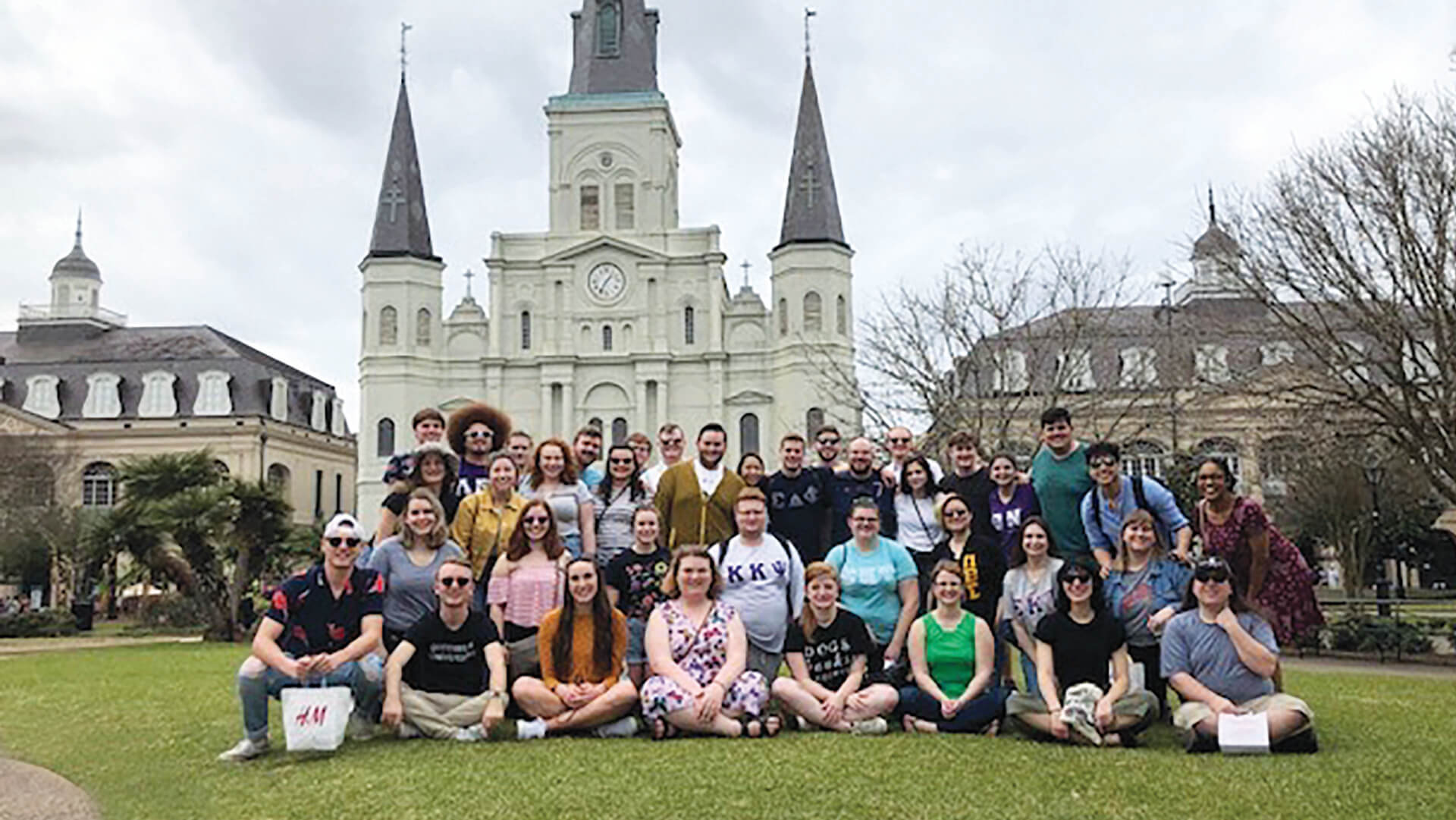
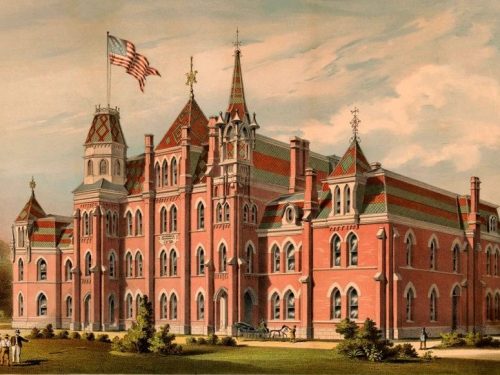
 Otterbein University’s first Black graduate, William Henry Fouse, class of 1893, was a teacher, a principal, a lifelong learner, a musician, and an inspiration to students and educators in his 45 years of work in public education. On the 130th anniversary of his graduation from Otterbein, there is no one better to tell his story than Fouse himself.
Otterbein University’s first Black graduate, William Henry Fouse, class of 1893, was a teacher, a principal, a lifelong learner, a musician, and an inspiration to students and educators in his 45 years of work in public education. On the 130th anniversary of his graduation from Otterbein, there is no one better to tell his story than Fouse himself. Fouse’s family later purchased a house on Home Street, where William and his two brothers were raised. In 1889 his father, Squire, purchased a home that had been owned by William Hanby and had it moved to a plot of land on Home Street, where the Campus Center is today. In an article written for the Westerville Public Opinion in 1938, Fouse wrote:
Fouse’s family later purchased a house on Home Street, where William and his two brothers were raised. In 1889 his father, Squire, purchased a home that had been owned by William Hanby and had it moved to a plot of land on Home Street, where the Campus Center is today. In an article written for the Westerville Public Opinion in 1938, Fouse wrote: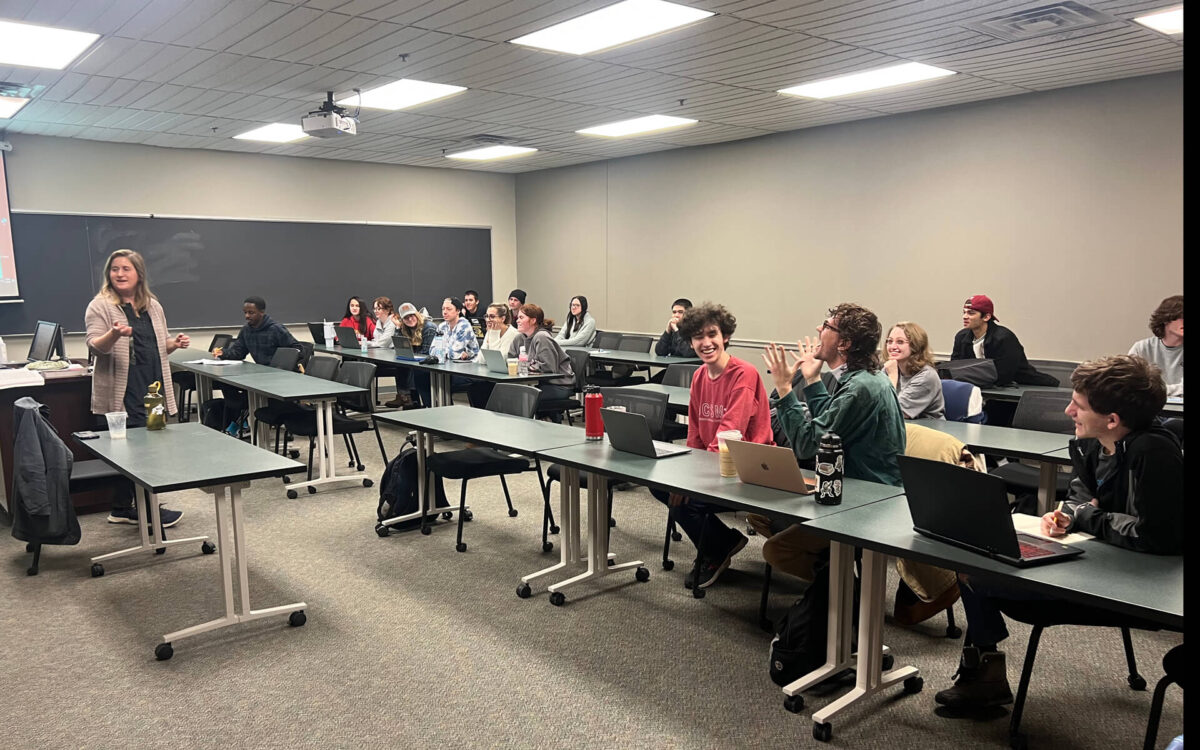
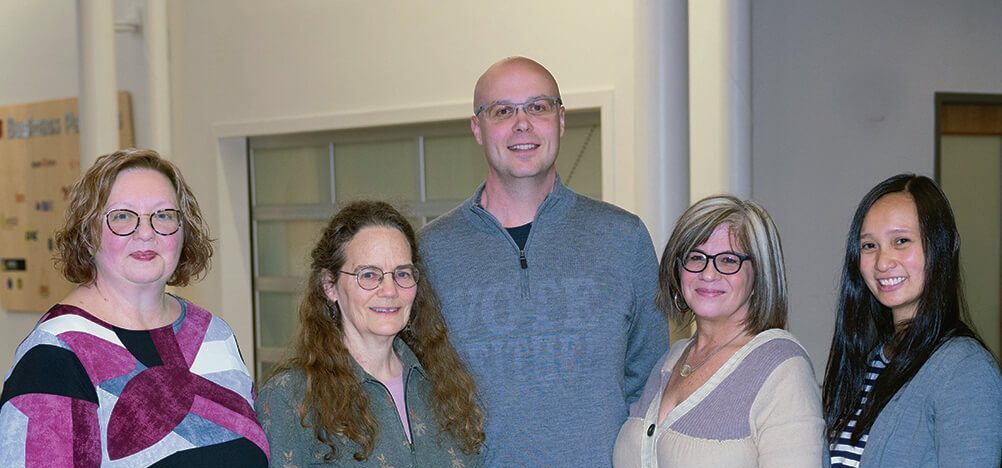
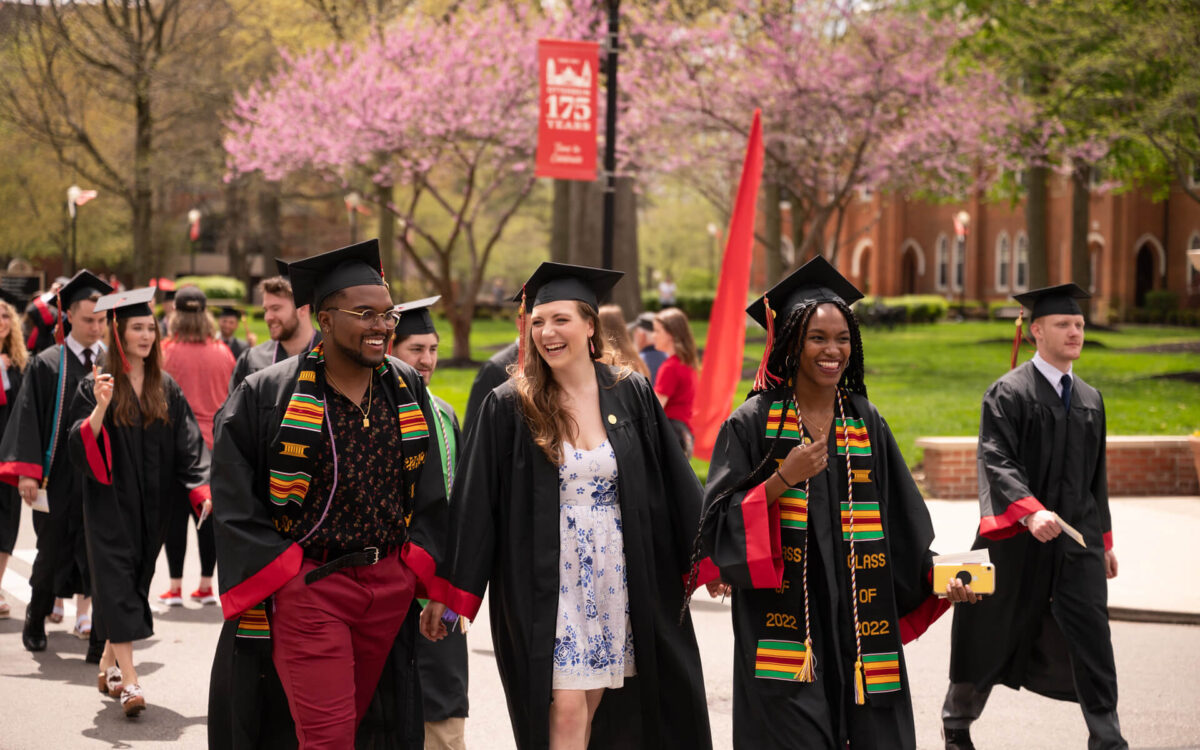
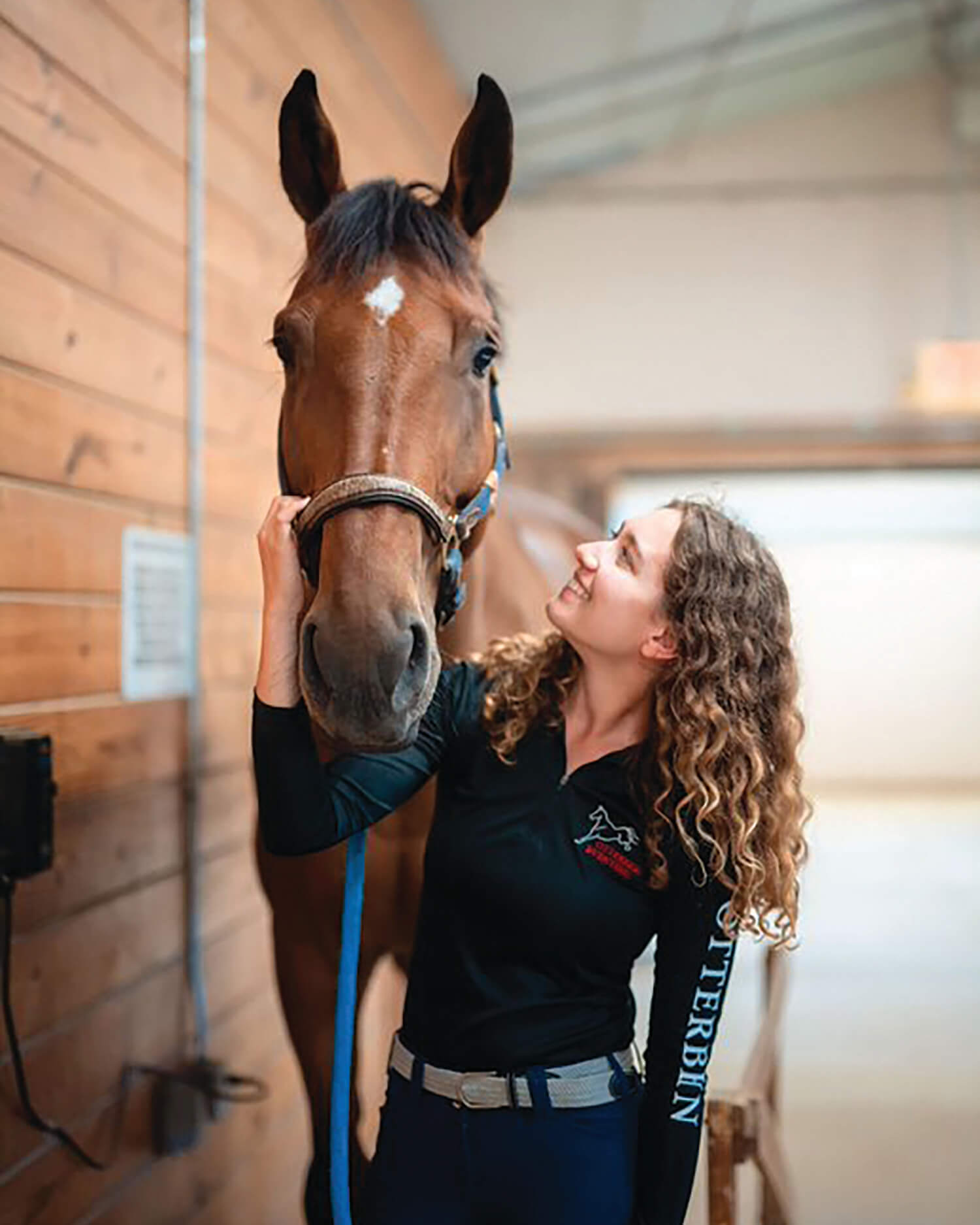
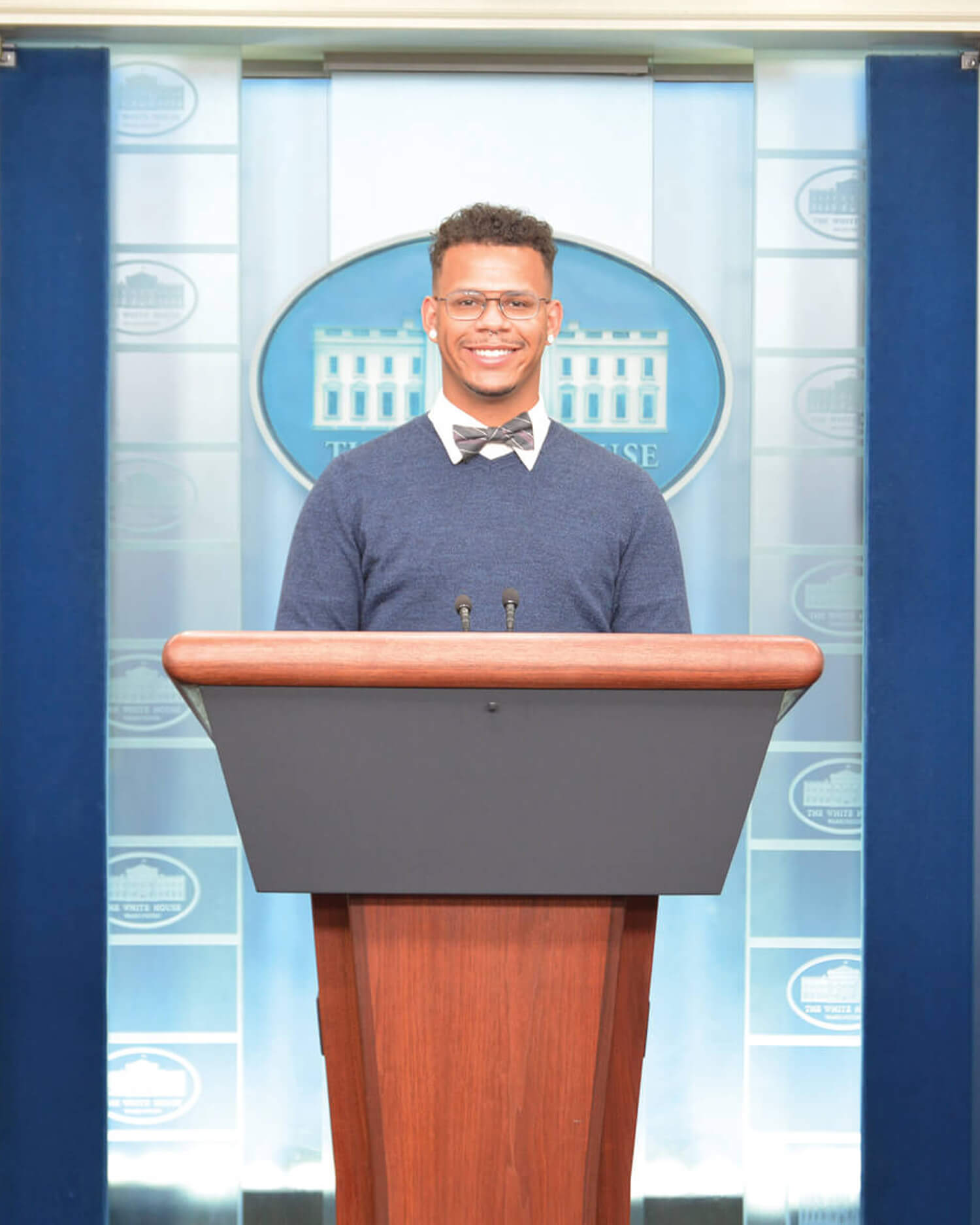
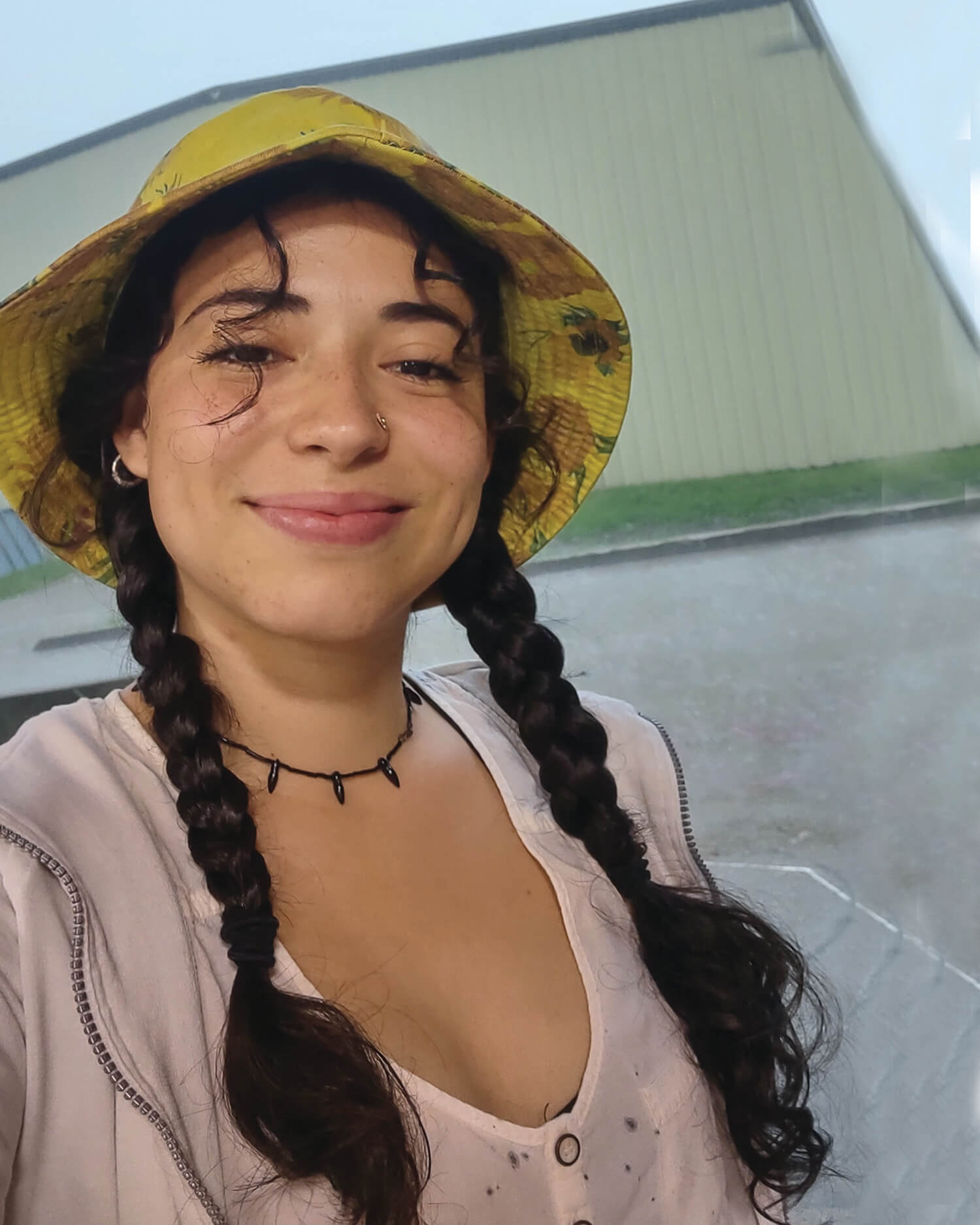
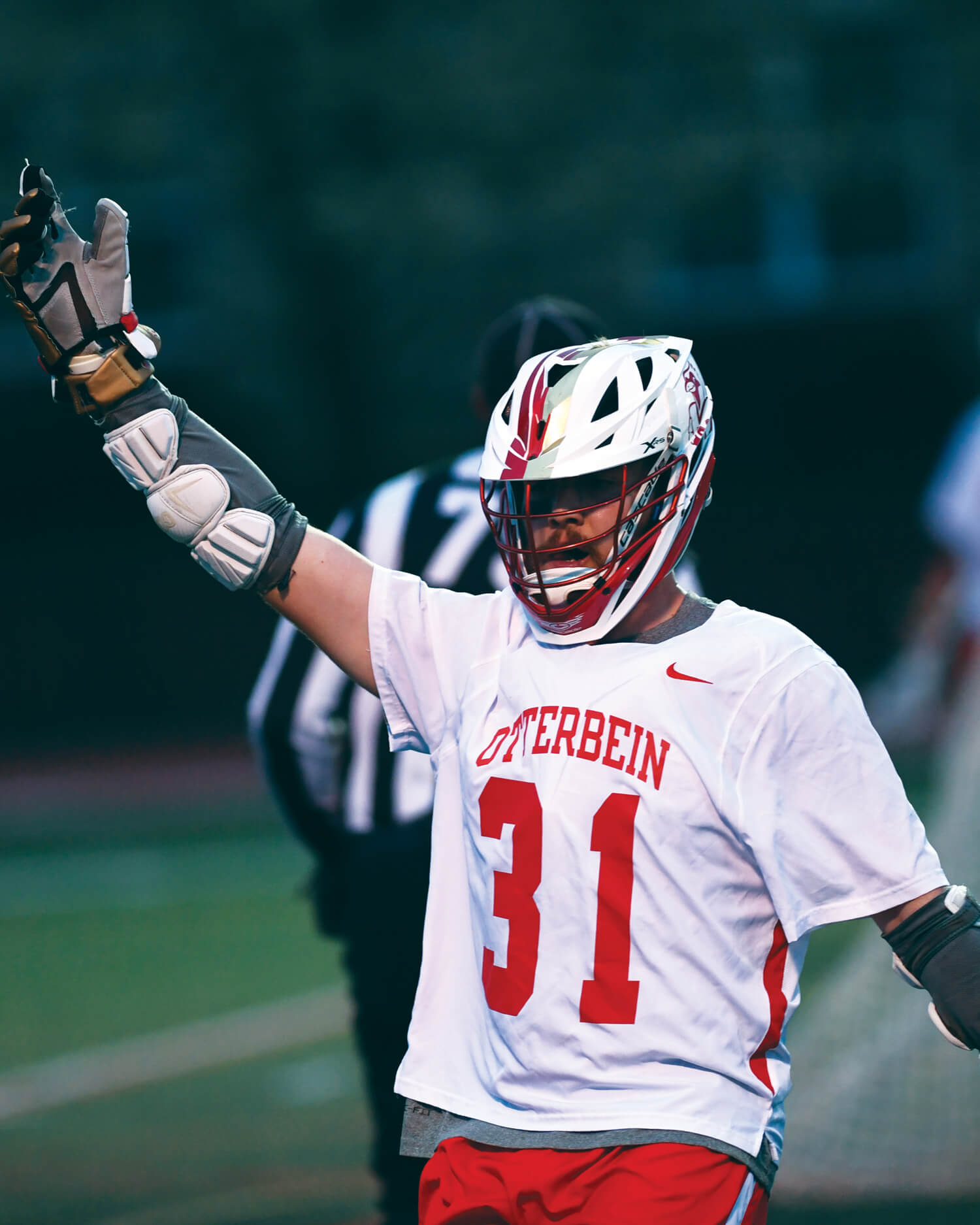
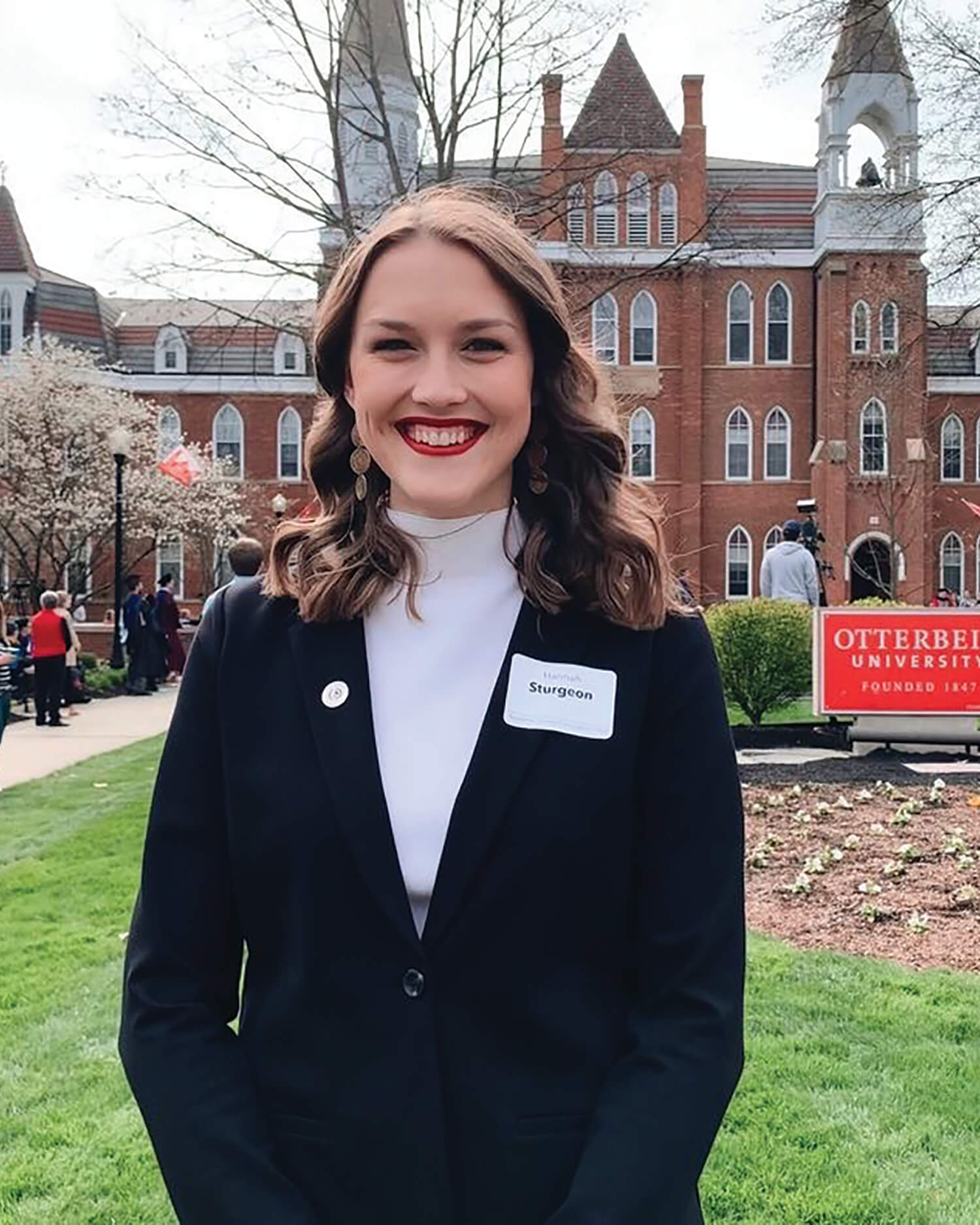
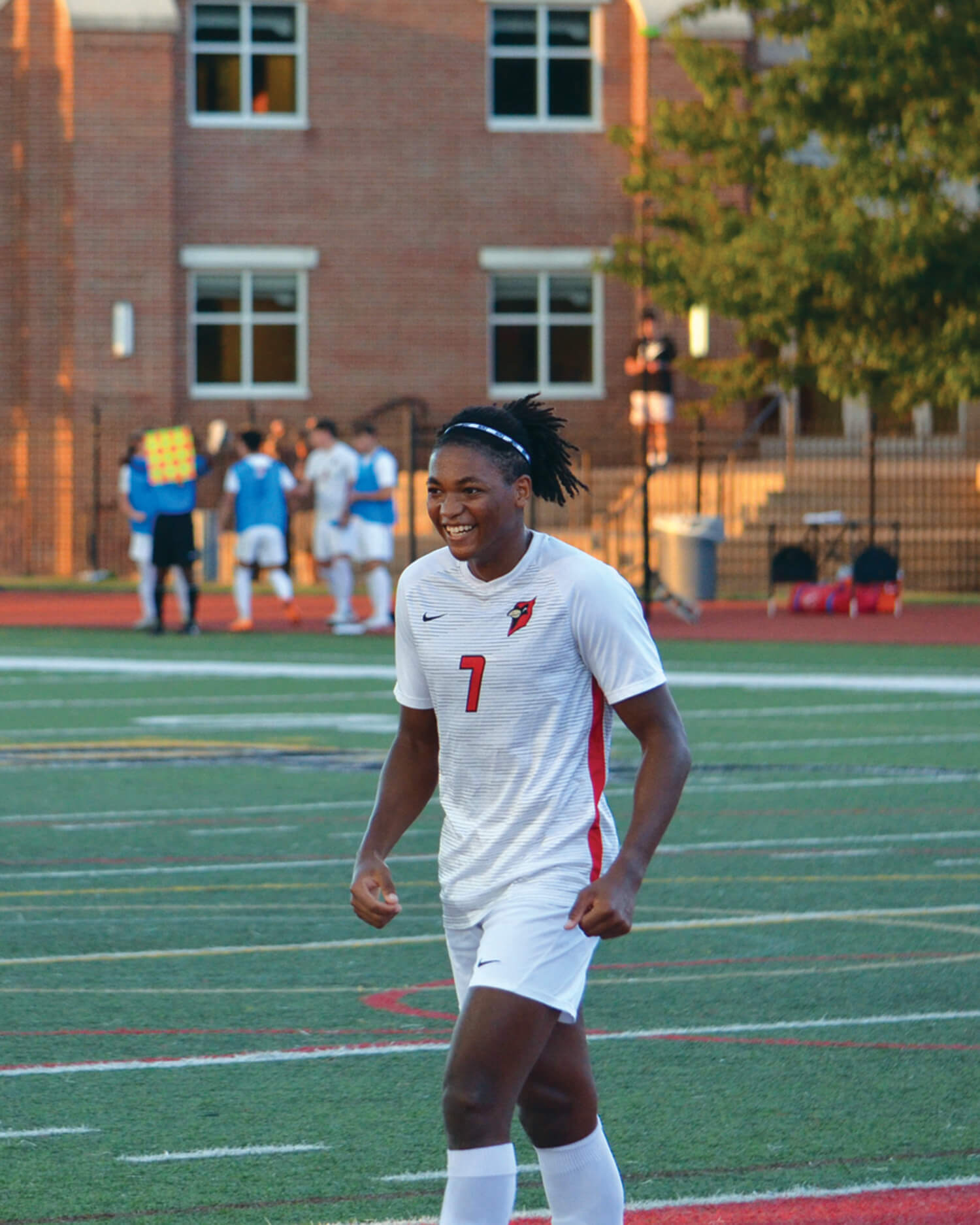
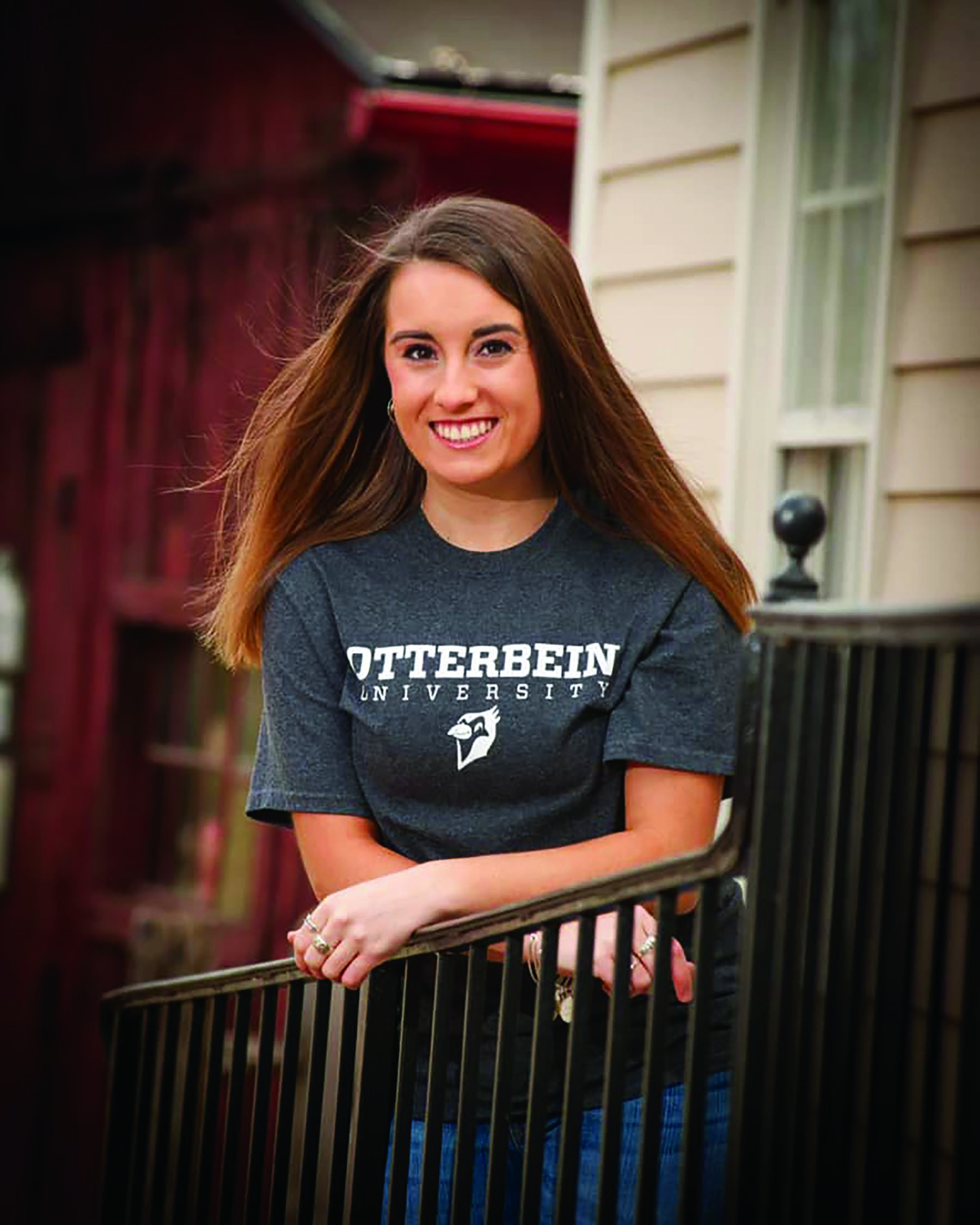
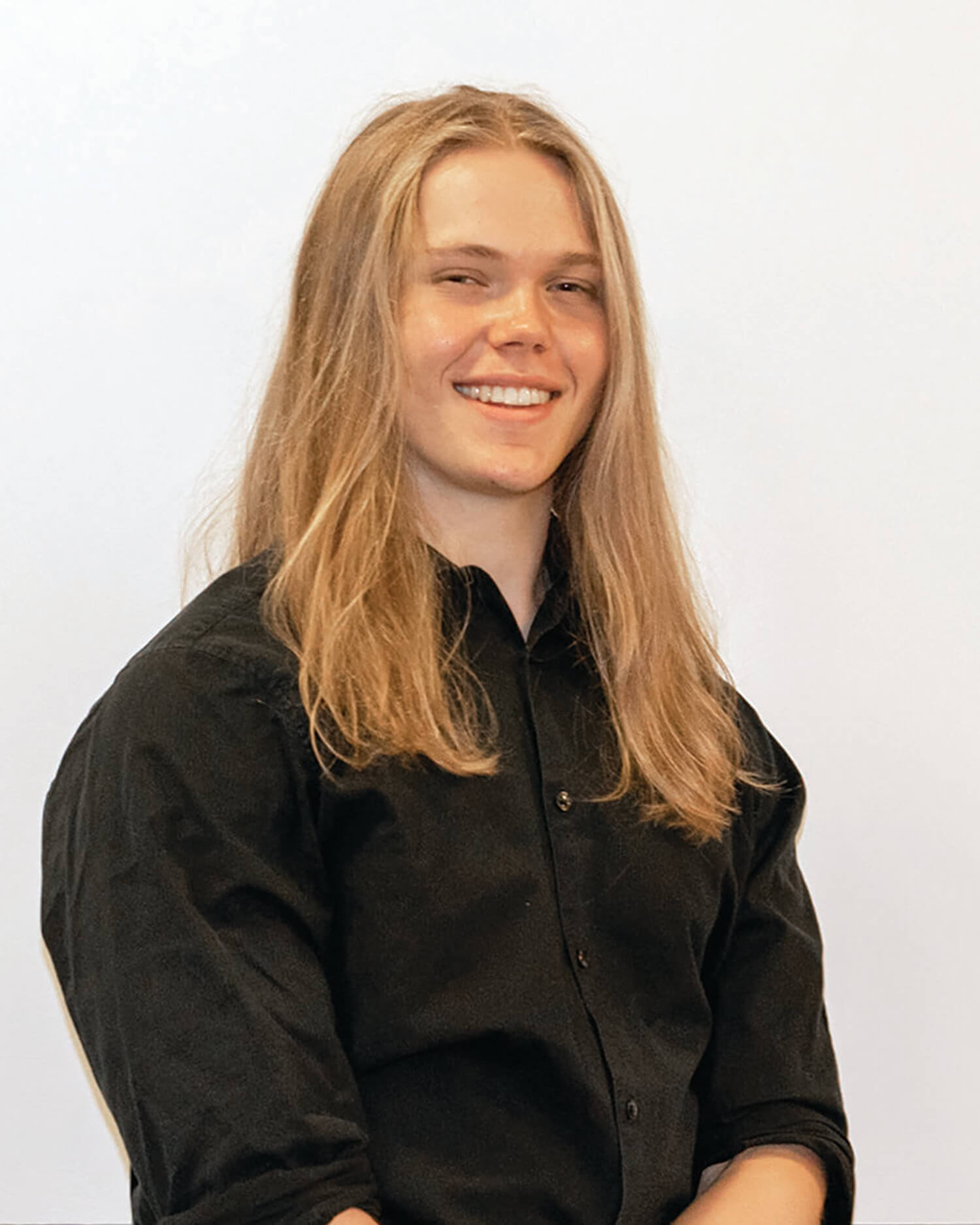
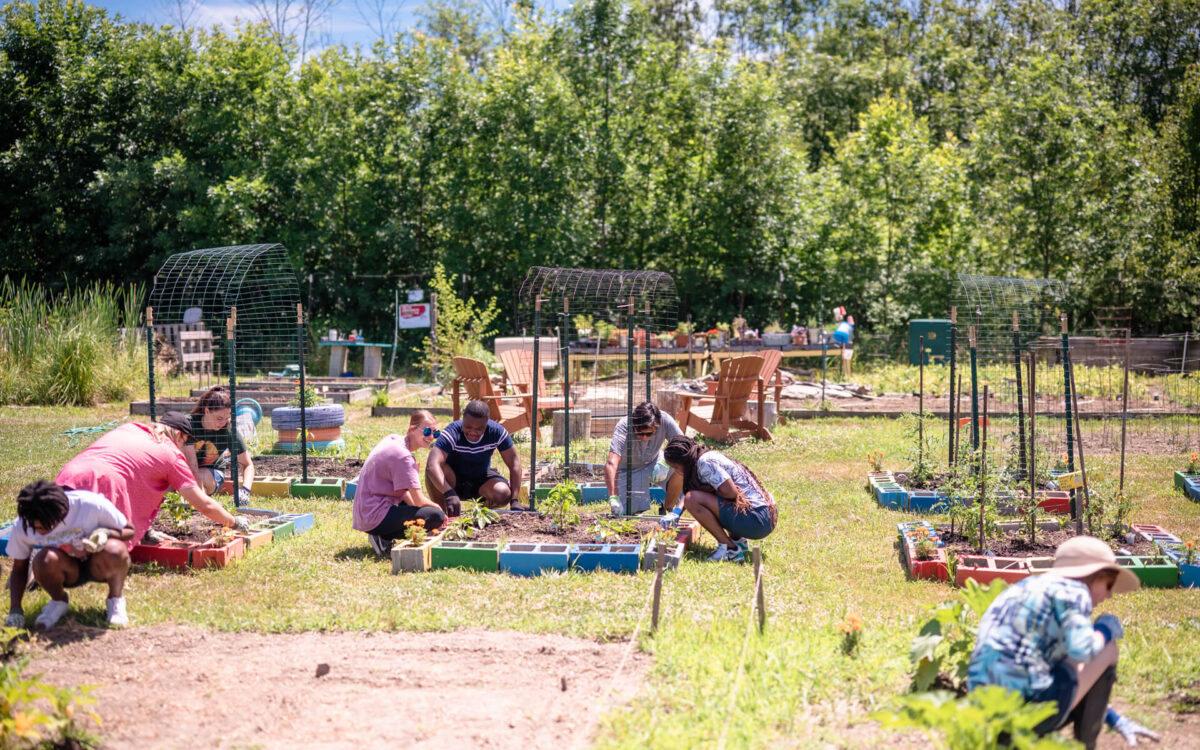
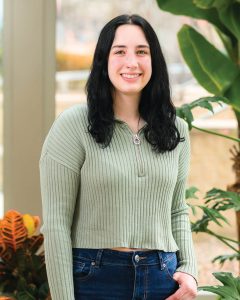 Senior Hannah Brown, a double major in biology and zoo and conservation science, has been working with Facility Services on a project to plan a pollinator and rain garden since spring 2022. Now, in her final semester, the gardens are ready to be planted north of the Campus Center, with Facility Services planting an additional pollinator garden at The Point.
Senior Hannah Brown, a double major in biology and zoo and conservation science, has been working with Facility Services on a project to plan a pollinator and rain garden since spring 2022. Now, in her final semester, the gardens are ready to be planted north of the Campus Center, with Facility Services planting an additional pollinator garden at The Point.
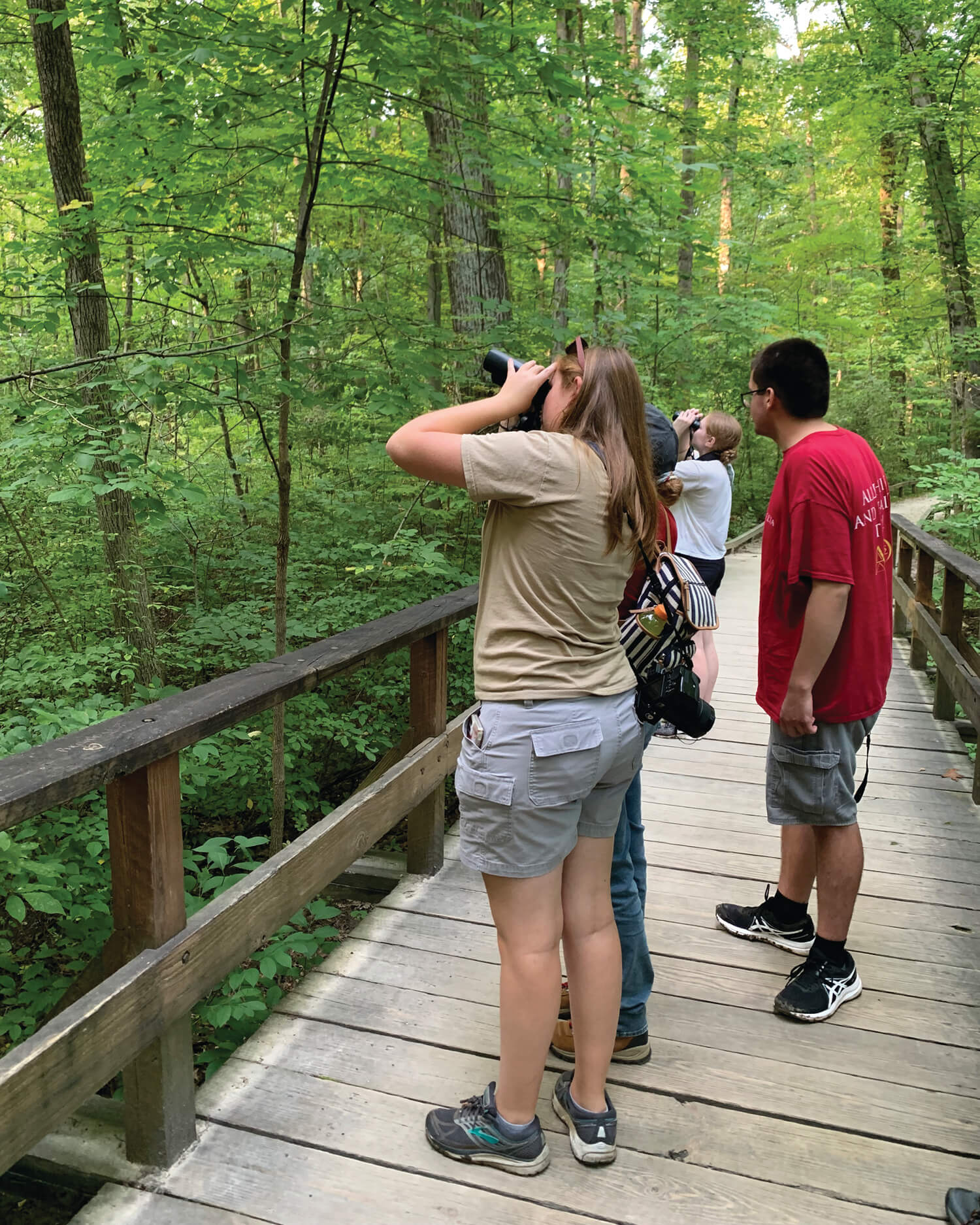
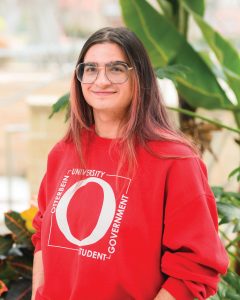

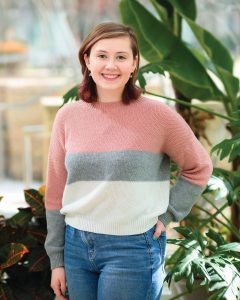 First-year Student Rachel Malek, used an art class project to educate others about food waste. For Art 1150: Design 3D, the freshman art and psychology major created a board game.
First-year Student Rachel Malek, used an art class project to educate others about food waste. For Art 1150: Design 3D, the freshman art and psychology major created a board game.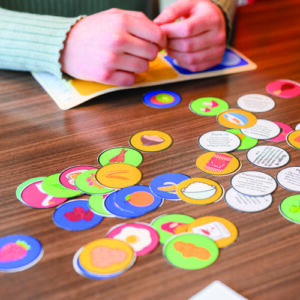 For instance, salmon is ranked as a six because it contains chemicals that contaminate water and hurt biodiversity. Mushrooms are zero because they are natural decomposers and help the environment.
For instance, salmon is ranked as a six because it contains chemicals that contaminate water and hurt biodiversity. Mushrooms are zero because they are natural decomposers and help the environment.
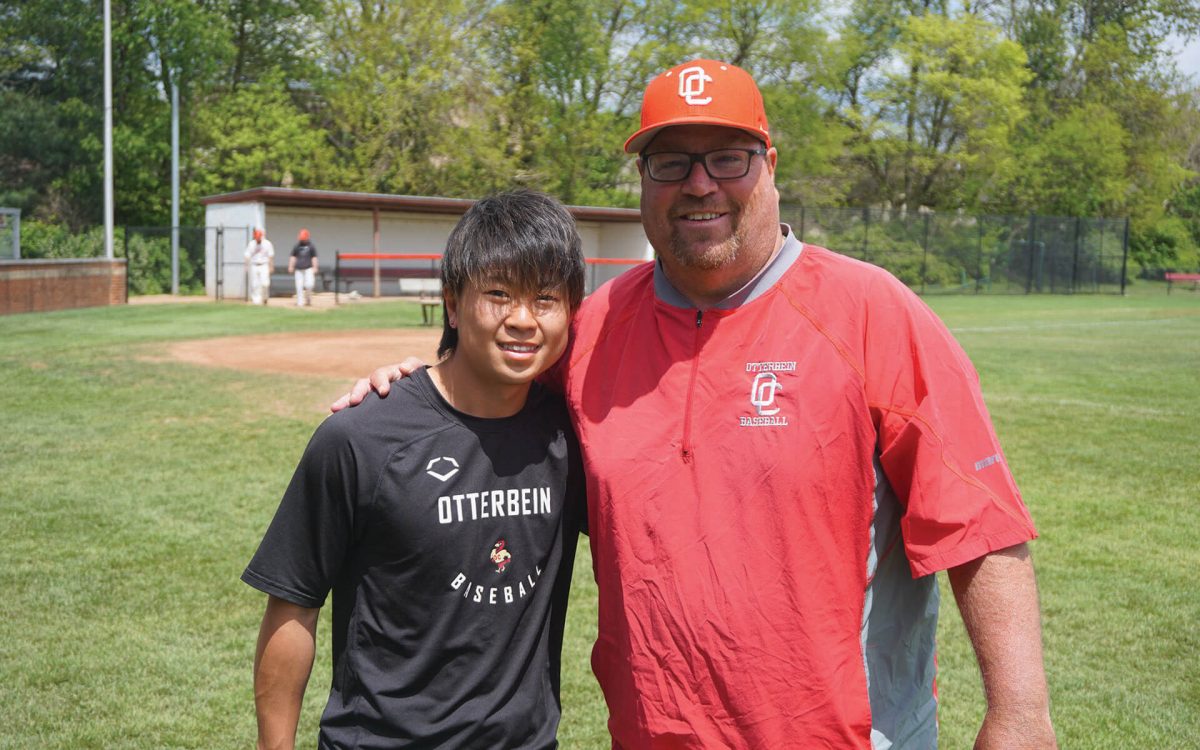
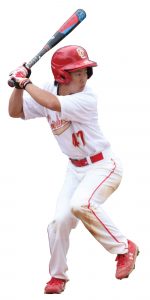
 A native of Tokyo, Tada began forming a unique relationship with head coach George Powell while attending IMG Academy in Bradenton, FL. Powell visited Tada three times during Otterbein’s 2020 spring break trip and became intrigued with the dual talent, who could play the infield and pitch.
A native of Tokyo, Tada began forming a unique relationship with head coach George Powell while attending IMG Academy in Bradenton, FL. Powell visited Tada three times during Otterbein’s 2020 spring break trip and became intrigued with the dual talent, who could play the infield and pitch.